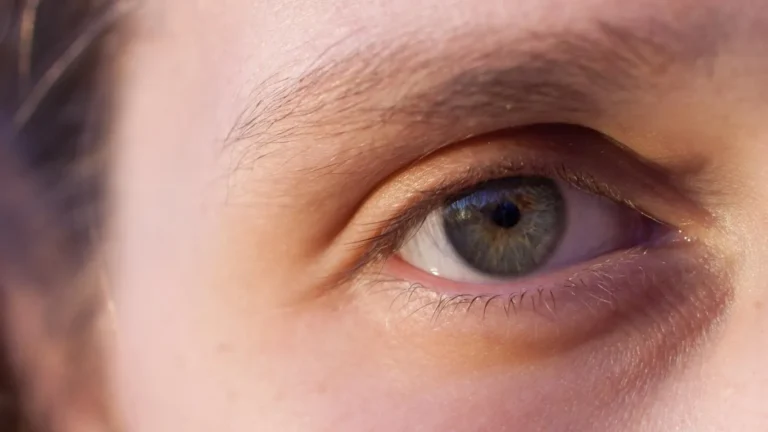GERD: A Complete Guide to Symptoms, Causes, and Treatment
Hey there! If you’ve ever experienced that burning sensation in your chest or had acid reflux that just wouldn’t quit, you might have encountered GERD (Gastroesophageal Reflux Disease). It’s something many of us deal with, but not all of us really understand it. In this guide, I’m diving into the symptoms, treatment options, and some personal tips to help you manage GERD. So grab a seat, and let’s get into it!
What is GERD?
Gastroesophageal Reflux Disease (GERD) is a chronic condition where stomach acid frequently flows back into the esophagus. This can lead to irritation, inflammation, and a variety of uncomfortable symptoms like heartburn and regurgitation. Imagine that acid creeping up your throat, making you feel like your chest is on fire – yeah, that’s GERD for you.

Common GERD Symptoms
If you’re dealing with GERD, you’ve probably noticed some pretty classic symptoms. The main one is heartburn, that burning feeling in your chest. But there’s more to it. Other signs include difficulty swallowing, a sensation of a lump in your throat, and sometimes even a persistent cough or sore throat. If left untreated, GERD can lead to more serious issues like damage to the esophagus, so it’s important to catch it early.

How GERD Affects Your Life
Beyond the physical discomfort, GERD can affect your daily routine in ways you might not even realize. Imagine trying to enjoy a meal with friends and having to be cautious about what you eat, or feeling that dreaded burning sensation at bedtime. It’s not just an occasional annoyance – it’s something that can mess with your quality of life. I’ve personally experienced the frustration of trying to find foods that won’t trigger GERD, and trust me, it’s a bit of trial and error. But it’s all about finding a balance that works for you.

Treatment Options for GERD
There’s no one-size-fits-all approach to managing GERD, but there are plenty of options out there. Medications, like proton pump inhibitors (PPIs), can help reduce stomach acid, and there are lifestyle changes that can make a huge difference. Eating smaller meals, avoiding trigger foods (goodbye, spicy food), and maintaining a healthy weight are just a few things you can do to help keep GERD under control. And don’t forget – your doctor can work with you to find a plan that suits your specific needs. It might take some time, but trust me, it’s worth the effort.

Key Takeaways
Managing GERD takes a little work, but it’s definitely doable. Pay attention to the symptoms, make some lifestyle changes, and consult your healthcare provider to figure out the best treatment plan for you. With the right tools, you can keep GERD at bay and get back to living life comfortably.
FAQs
Q: Can GERD go away on its own?
A: While some people experience GERD symptoms that come and go, it’s a chronic condition that often requires treatment to manage effectively.
Q: Are there foods I should avoid with GERD?
A: Yes! Spicy foods, caffeine, alcohol, and citrus are all common triggers that can worsen GERD symptoms.
Q: Is GERD serious?
A: If left untreated, GERD can lead to complications, including damage to the esophagus and other health issues, so it’s important to seek treatment.
References
Here are some great resources if you want to dive deeper into GERD:
Disclaimer
This article is intended for informational purposes only and should not be considered medical advice. Always consult a healthcare professional for diagnosis and treatment options specific to your condition.
Call to Action
If you’ve found this guide helpful, share it with someone who might benefit. And don’t forget – if you’re struggling with GERD, talk to a healthcare provider to get the personalized care you deserve!

Camellia Wulansari is a dedicated Medical Assistant at a local clinic and a passionate health writer at Healthusias.com. With years of hands-on experience in patient care and a deep interest in preventive medicine, she bridges the gap between clinical knowledge and accessible health information. Camellia specializes in writing about digestive health, chronic conditions like GERD and hypertension, respiratory issues, and autoimmune diseases, aiming to empower readers with practical, easy-to-understand insights. When she’s not assisting patients or writing, you’ll find her enjoying quiet mornings with coffee and a medical journal in hand—or jamming to her favorite metal band, Lamb of God.







